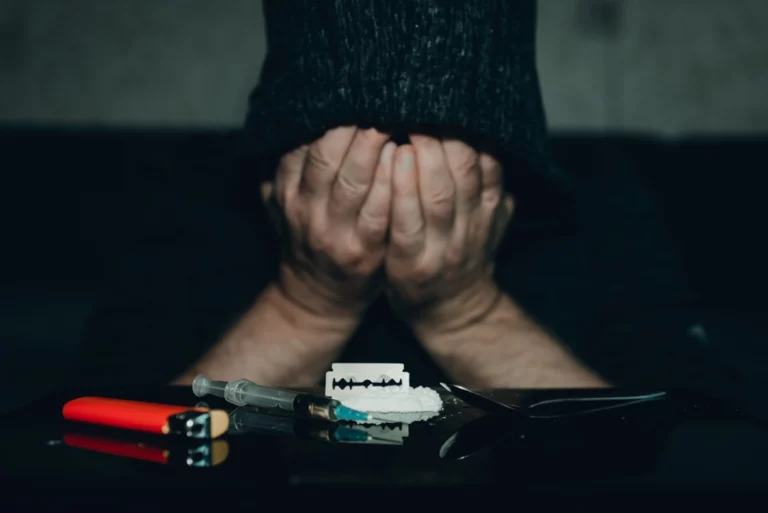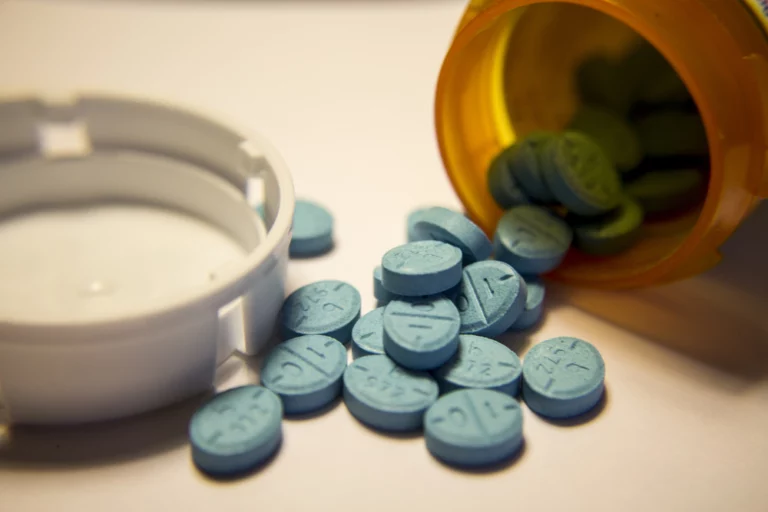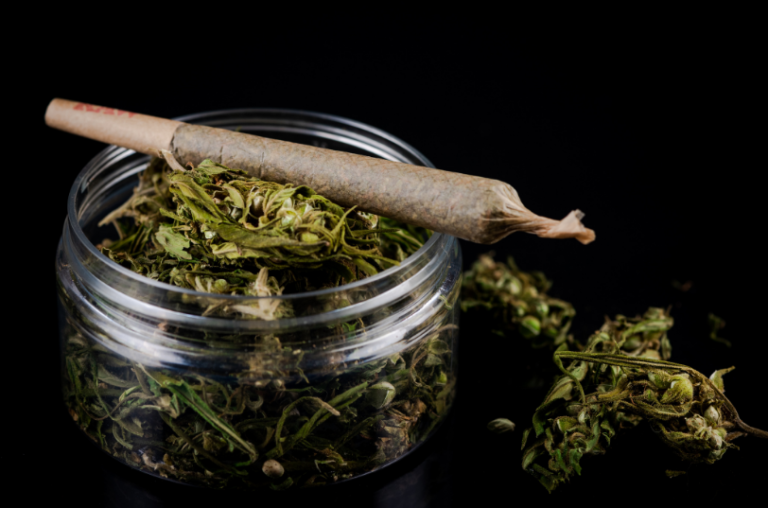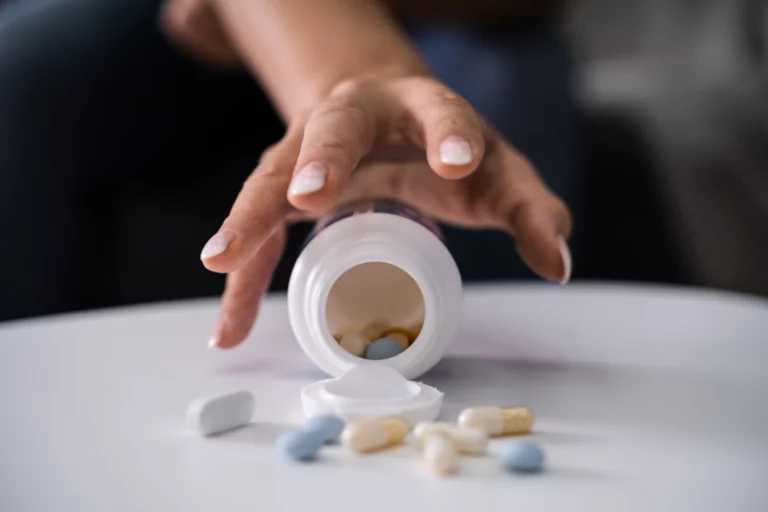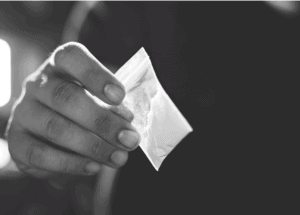If you’re asking, “Can you overdose on Suboxone,” chances are you’re considering opioid addiction treatment and want to know what you’re getting into before you start. Suboxone is a common medication used to treat opioid use disorder, but like all medications, it can have a few side effects. If someone abuses or misuses Suboxone against the prescribed guidelines, the risk of extreme side effects and the potential for overdose increases.
Once you finish this article, you’ll have learned what Suboxone is, if it’s possible to overdose on Suboxone, five things that can induce an overdose, and more. As a medical detox facility, we wrote this article to help readers and their families understand Suboxone’s benefits and potential negatives.
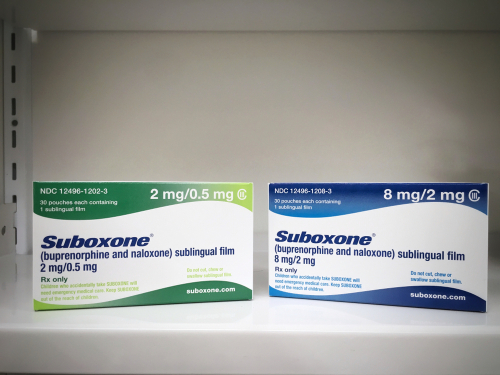

What Is Suboxone?
Suboxone is a brand-name prescription medication used to help individuals with opioid use disorder (OUD) overcome dependence and is typically administered during medical detox or medication-assisted treatment* (MAT). Suboxone is available as tablets and sublingual films and contains buprenorphine, a partial opioid agonist, and naloxone, an opioid antagonist. Buprenorphine binds to the same receptors targeted by fentanyl, heroin, morphine, and oxycodone, preventing the body from experiencing withdrawal symptoms once those more potent opioids are discontinued.
Naloxone has poor bioavailability when taken by any route other than intravenously (IV) and will not activate when Suboxone is taken as directed. However, if someone attempts to take Suboxone against prescribed guidelines, like snorting or injecting, the naloxone will activate and induce sudden withdrawal-like symptoms, including pain, cramps, vomiting, diarrhea, and anxiety. When activated, naloxone quickly replaces the buprenorphine and prevents opioid receptors from being activated. This is also why naloxone is used to rapidly, temporarily reverse opioid overdoses.
*Medication-assisted treatment combines prescription medication, psychotherapy, and inpatient or outpatient treatment to create a complete opioid addiction treatment plan.
Read more: What Medications Are Used in Detox vs. MAT?
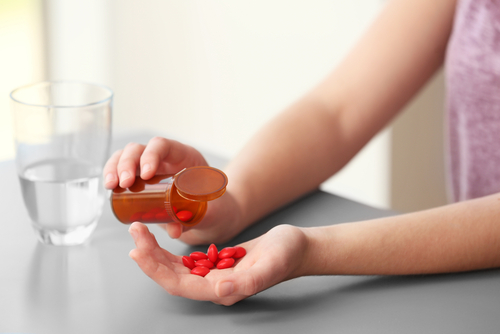

Can You Overdose On Suboxone?
Yes, it’s possible to overdose on Suboxone, especially when it’s taken against prescription and medical guidelines.
#1 Don’t take more than prescribed
At the beginning of treatment, the recommended dosage of Suboxone is 8 mg/2 mg buprenorphine/naloxone. Following that, the recommended and determined as the most effective dosage of Suboxone is 16 mg/4 mg as a single daily dose. Anything higher than 24 mg/6 mg provides no clinical advantage and increases the risk of side effects. Experts suggest that anything higher than 32 mg extends past Suboxone’s ceiling effect. Remember, following prescription guidelines increases the chance of long-term stability and recovery.
#2 Don’t mix Suboxone with other medications or alcohol
Mixing Suboxone with illicit, prescription, or over-the-counter medications increases the risk of side effects and overdose. Healthcare providers also recommend avoiding benzodiazepines, other opioids, alcohol, medications containing alcohol, and other medications containing buprenorphine. Suboxone should only be taken 12 hours after you used a short-acting opioid (heroin, fentanyl), 24 hours after you last used a long-acting opioid (OxyContin, OxyNeo), and 72 hours after you last used methadone (another OUD medication).
#3 Don’t take Suboxone if you’ve never had opioids
Suboxone is only prescribed to individuals who’ve developed a physical dependence on opioids and experience withdrawal symptoms when they quit. Individuals who have never taken opioids and don’t have a tolerance can be more sensitive to even the slightest amount of buprenorphine.
#4 Talk to your healthcare provider about pre-existing medical conditions
The following pre-existing medical conditions can increase the risk of overdose and side effects.
- Respiratory conditions
- Addison’s disease
- Liver, kidney, or gallbladder disease
- Enlarged prostate gland (men)
- Problems urinating
- Head injuries, increased intracranial pressure, or brain problems
- Adrenal gland or thyroid gland problems
- Hypersensitivity to naloxone or buprenorphine
#5 Take Suboxone as directed
Injecting, snorting, or smoking Suboxone activates the naloxone and induces withdrawal-like symptoms that can resemble an overdose, especially if it’s combined with another opioid. These effects include sweating, nausea, vomiting, diarrhea, elevated heart rate, and increased blood pressure.
Read more: Smoking Suboxone: Motivation, Side Effects, & Treatment Options
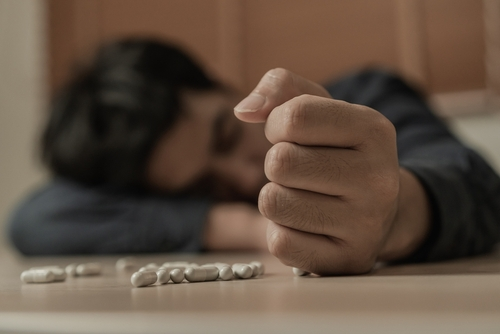

Symptoms of a Suboxone Overdose
Symptoms of a Suboxone overdose are similar to those of other opioids. Individuals overdosing on Suboxone might experience:
- Nausea and vomiting
- Seizures
- Depressed (slowed) breathing
- Slowed heart rate
- Agitation, irritability, anxiety, and mood swings
- Disorientation and loss of physical coordination
- Fatigue or sleepiness
- Trouble concentrating or memory issues
- Coma
- Death
Suboxone Ceiling Effect & Addiction
Suboxones’ ceiling effect prevents its mildly euphoric effects from reaching past a certain point. If someone attempts to abuse Suboxone, they’ll reach a point where no matter how much they take, the high won’t get stronger. However, this impulsive need to get high can lead to seeking out and mixing substances that will induce extreme side effects. One report found that between 2005 and 2011, almost 1 million people went to emergency care for a combination of opioids, benzodiazepines, and alcohol. While this study is older, the ingredients and interactions between these medications haven’t changed.
Is Suboxone Treatment Right For You?
As of 2023, Suboxone remains an effective treatment option for opioid use disorder, especially when as directed. Some studies even show that individuals who taper off buprenorphine have higher relapse rates compared to patients who stay on the drug for longer periods.
Another study found that patients who consistently took 16 mg of buprenorphine daily during addiction treatment achieved a 75% success rate. In comparison, a control group that received buprenorphine for only six days, followed by a placebo, had a 0% success rate.
Some treatment providers who are cautious about using opioids have prescribed lower doses for short treatment durations. This approach has resulted in buprenorphine treatment failures, contributing to the misconception that the medication is ineffective.
Suboxone Treatment At Asheville Detox Center
If you or someone you know is interested in Suboxone or opioid addiction treatment, contact Asheville Detox Center. Our compassionate and highly-trained detox team can help you through one of the most challenging parts of recovery. We can monitor your withdrawal symptoms, administer comfort medications, and provide comprehensive support. That includes setting you up with an addiction treatment plan following the detox process.
As part of Health Care Alliance North America, we can provide residential treatment, partial hospitalization, intensive outpatient treatment, and aftercare through one of our partnered facilities. Call today, and one of our admissions agents can help you get started.


